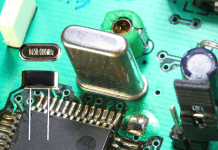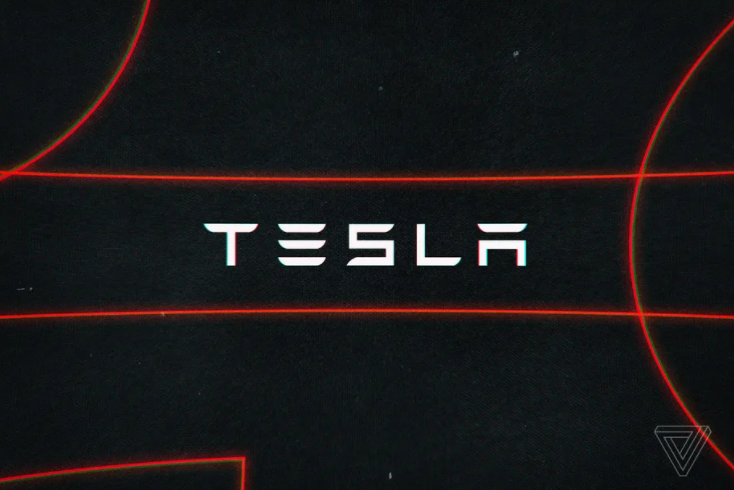Batteries are an essential component in all types of power systems. The most primitive type of batteries were acid lead batteries, then came the lithium-ion batteries. Presently, the most common class of batteries is lithium-ion phosphate batteries. These are regarded as the safest types of batteries.
Like all other batteries, LiFePO4 batteries come in variations like 24V, 36V, and 48V. Whereas 24V and 36V are suitable for light applications, a 48v lifepo4 battery resonates with higher electrical applications.
Although lithium iron phosphate batteries are far superior to other battery kinds, they are not very inexpensive. Therefore, picking the right battery size is crucial to make a worthy investment.
Features Of A 48V LiFePO4 Battery
A 48V LiFePO4 battery is a great investment. However, before finalizing, it is better to read about its characteristic to ensure it is compatible with your needs.
Increased Working Cycles
A working cycle refers to the performance of the battery. It accurately shows how many charges and discharge cycles a battery completes before its performance degrades. Acid lead batteries have the smallest working cycles, while lithium-ion batteries have more.
LiFePO4 batteries offer about 5000 working cycles before taking the final rest. 48V LiFePO4 batteries have a ten times longer floating calendar with 80% discharge depth reducing the overall replacement frequency.
Lightweight
Intrinsically all LiFePO4 batteries are lightweight and a 48V, despite its suitability for heavier applications, is considerably light. On average, a LiFePO4 is 70 percent lighter than an acid lead battery. However, the lightness difference from lithium-ion batteries is about 50%.
No Maintenance
Unlike other batteries, LiFePO4 doesn’t require active maintenance to ensure correct working. You can plug in your LiFePO4 battery without checking its solution levels or other components. Moreover, unlike acid lead batteries, LiFePO4 batteries are also resilient to the memory effect.
The low self-discharge rate of the battery allows you to store it for a far longer time than other batteries. Since a 48V LiFePO4 battery uses lithium phosphate in its core, it exhibits all these properties.
Fast Charge and Discharge
Batteries also have another metric called ampere hours. It is time for a battery takes to discharge completely. Due to their efficient charging and discharging, they are ideal for all kinds of applications. According to estimates, LiFePO4 batteries charge four times faster than other batteries.
Hence, a 48V acid lead battery takes about 6 hours, while a LiFePO4 battery charges faster. Their efficiency comes in handy when you charge more batteries in less time. However, the charging time also depends upon the capacity of the charger.
Safe
The most evident issue with acid lead batteries is that they heat up during the charging process. And if left unattended, the battery may catch fire, causing hazards.
Fortunately, experts have infused the most resilient battery dynamics in the LiFePO4 batteries, so they are not prone to battery fires that easily. However, it is still recommended to charge the battery under supervision.
Heavier Applications
A 48V LiFePO4 battery is more suitable for heavier applications like running vehicles and operating air conditioners and ovens. Moreover, combined with solar systems, it can help you go entirely off-grid.
The Bottom Line
LiFePO4 batteries are the most popular and yet the most expensive class of batteries. Like all other batteries, these also come in different volts and Ah values. However, when you want exceptional heavy-duty energy tasks to perform, a 48V LiFePO4 is your go-to.
These batteries are safer and require no additional maintenance. Moreover, they are reliable, lightweight, and offer efficient charge and discharge rates. Hence, the unwavering performance of the battery over the long years balances its upfront.











